
Development
XT-200
In the late 80s, the Karyan Self Defence Force wanted to test an experimental high thrust engine with a new airframe. What came was the alien looking XT-200. This test vehicle was designed to accommodate the experimental Maikaze(Whirlwind) turbofan engines as well as the High Capability Test Radar, later designated as the MRR-198.
History
The development of the XT-200 originally started in the mid 80s. When some officers were coming up with ideas of a high speed interceptor-fighter that would rocket to high altitude, search and engage targets with its radar while simultaneously being able to evade the enemy escorts fighters by being difficult to detect. Technical documents and requirements for the airframe were handed out to the Poyasakai Company in 1992. The documents specified that the Maikaze turbofan engine be used as well as the planned HCTR. The first prototype was ready in late 2000 and the first test batch of six aircraft was ready in early 2001. The aircraft were quickly retrofitted inorder to accept the Type 201 G suite.
I-200
After the 2001, the Xt-200 proved to be a highly capable aircraft and would greatly influence the "205 fighters". The Self Defence Fleet and the Air Defence Force showed great interest in the project, and would provide funds to convert the test vehicle into an interceptor. The resulting interceptor was greatly loved by its pilots.

Design
The airframe form was easy to design by the systems available to the design group. The design was focused on speed and medium ranged missiles. The aircraft is first to receive new and untested technologies.

Powerplant
Poyasakai Turbofan engine Maikaze
First tested in 1989, the Maikaez(Whirlwind) is a turbofan with a max dry thrust kf 128Kn(28.7K lbf) and a maximum wet thrust of 191kn(43k lbf). At the designed operational altitude of 14,000m(46k ft) gives this aircraft a maximum speed of mach 2.42 with afterburner and mach 1.94 with only dry thrust.


Avionics
MRR-198 radar
Originally developed for next generation fighters in the late 90s, the MRR 198 was an expensive yet very highly capable AESA radar system.
Specifications (official figures *May be more or less)
Max Range: 100-150Km (62-93miles)
Detect and track: Up to 20 targets simultaneously
Extra features and capabilities: Air to Ground(AG mode), Passive-Active Air to Air mode, Jamming capability, vehicle cooperation system(SCS), Type 201 G Suite compatibility, digital display compatibility, communication capabilities.
RWR-203 Radar warning receiver
Developed after the Xt-200 first flight. This radar warning receiver is installed on the rear of the aircraft fuselage. It is able to inform pilots if an enemy radar is acquiring their aircraft. It can also overload or jam an opponent's radar.
AST-194 Radar
An AESA radar that first saw service in 199
It was designed to be the primary radar of light aircraft or rearward facing radars for larger planes.
Specifications (official figures *May be more or less)
Max Range: 15Km (9.32 miles)
Detect and track: Up to 5 targets simultaneously
Extra features and capabilities: Limited air to air combat usage, flank-rear radar coverage, radar mapping, jamming, communication capability, Type 201 suite compatibility, emergency/ automatic flare activation(switched off), radar jamming.
IRST-19
An IR search and track system for locating and tracking targets

Armament
AAM-172 (AirToAir)
Max Range: 30km/18.6miles
Max Speed: Mach 4.12
AAM-195 (AirToAir)
Max Range: 180km/111miles
Max Speed: Mach 4
AAM-215
Max Range: 240km
Max Speed: Mach 4.5
Extra Controls!
AG1 & 100% Throttle to enable afterburner
AG2 For cruise mode
AG4 to fold wings
AG5 to open weapons bay and activate weapons
Note, do not pitch all the way through.
Gallery

Karyan I-200 during a test flight

Karyan I-200 with an Milanian I-200

"Flare Wall" Test
Specifications
Spotlights
- JS01 4.1 years ago
- Noname918181818181818181 4.1 years ago
- UltraLight 4.1 years ago
General Characteristics
- Created On Windows
- Wingspan 41.7ft (12.7m)
- Length 68.7ft (20.9m)
- Height 15.2ft (4.6m)
- Empty Weight 19,063lbs (8,646kg)
- Loaded Weight 26,233lbs (11,899kg)
Performance
- Power/Weight Ratio 1.285
- Wing Loading 37.6lbs/ft2 (183.7kg/m2)
- Wing Area 697.4ft2 (64.8m2)
- Drag Points 1170
Parts
- Number of Parts 1093
- Control Surfaces 0
- Performance Cost 4,095

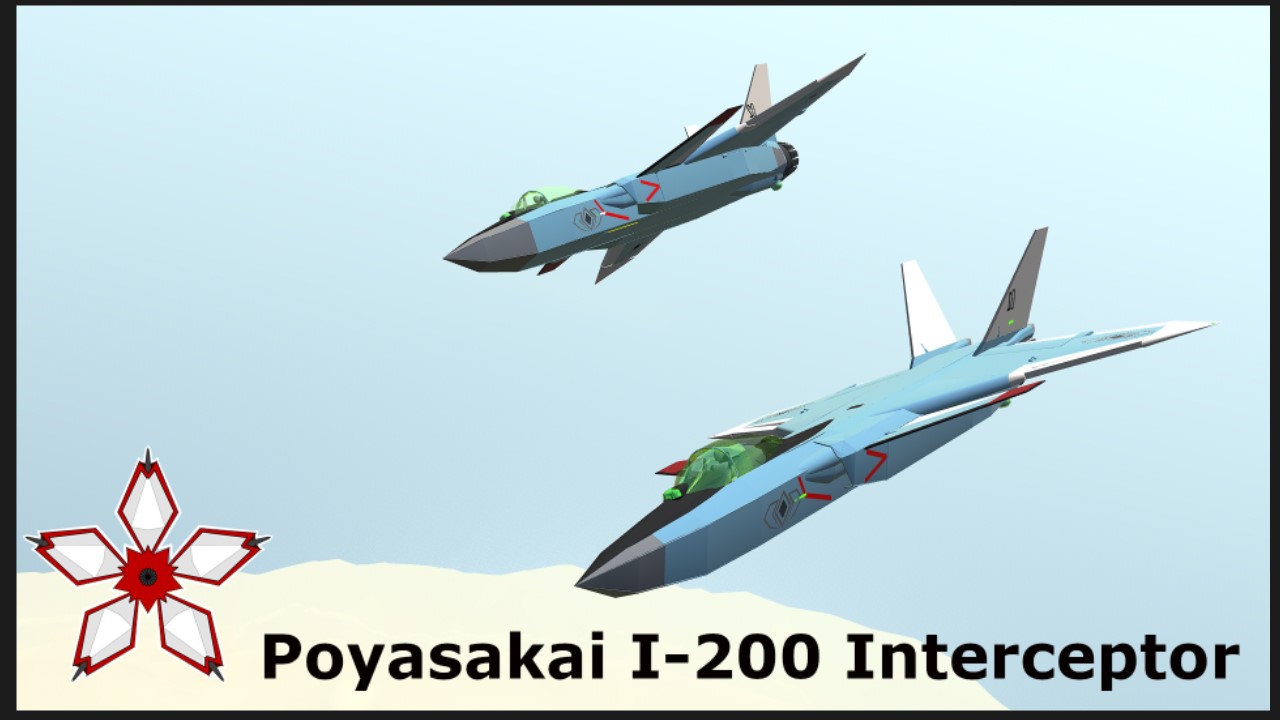
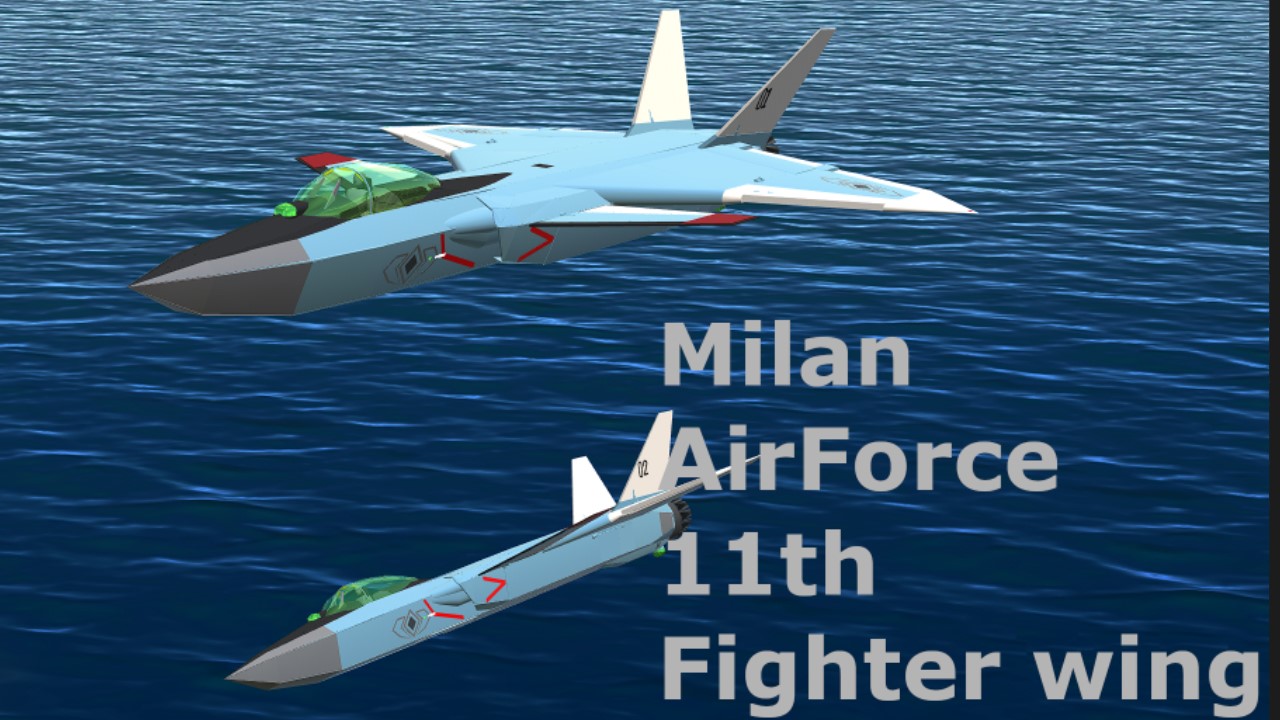
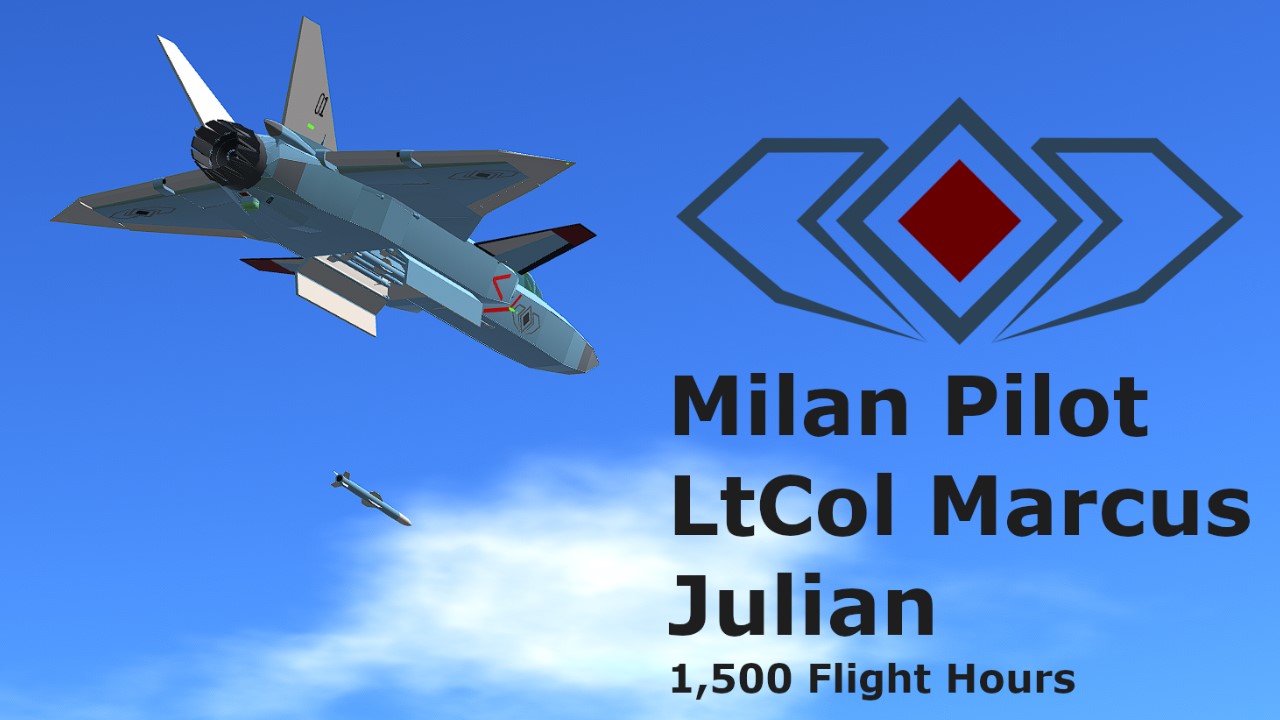
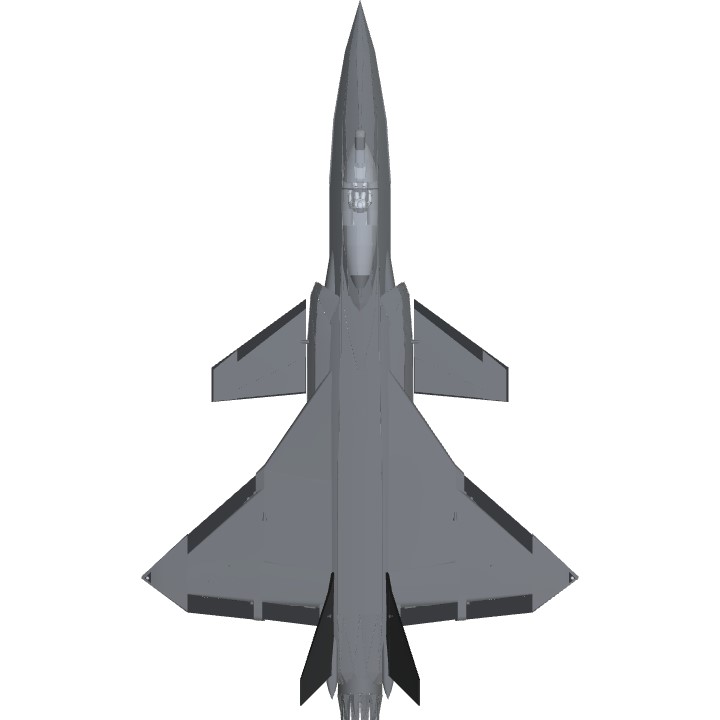
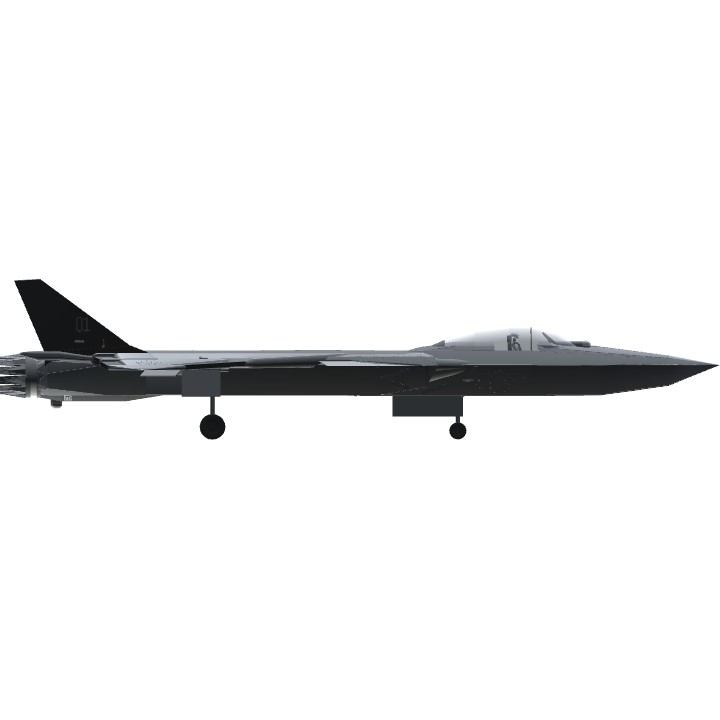
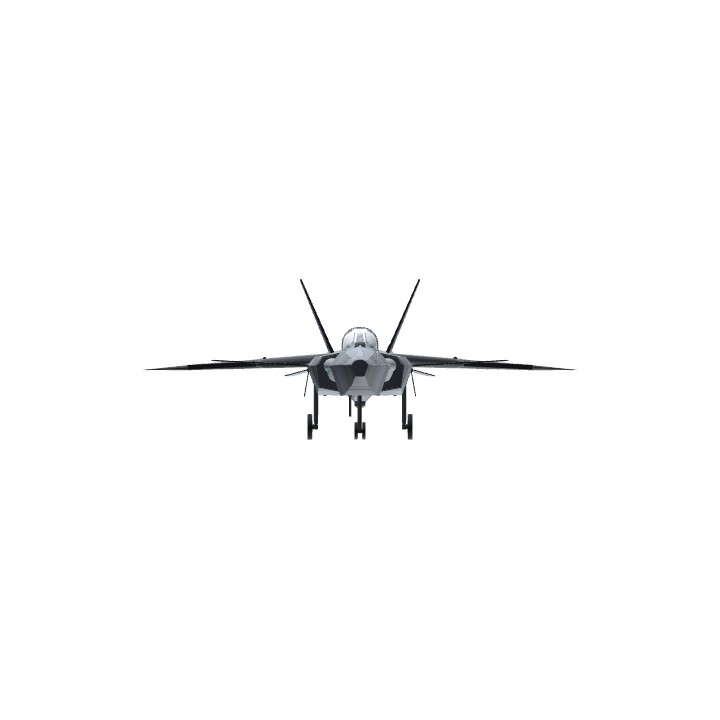
@Destroyerz117 ok, thanks for the advice.
setting it to
ceil(smooth(LandingGear,1.25))fixes it, since higher values means it deploys soonerGood job, properly staged landing gars always pretty cool to see, the back landing gear takes forever to deploy though lol, I reckon the delay is little too long
ポヤサカイ
@Vladimir1944 try lowering the angle of attack of the control surface. try at first 30 degrees and slowly pitch until it turning fast.
@Quackykaze also i need help on my fast hit and run bomber project , i added bomber flaps and the amgle of the control surface are at 45* but i still cant manage to have a sharp turn
@Quackykaze knew it !
@Quackykaze np!
@Vladimir1944 I based the roundel off of the PhAF roundel
@MrShenanigans thanks
The logo reminds me of the philippines Air Forces rounder , the name is also a hint "JULIAN"
@Quackykaze great build tho
@MrShenanigans I did not notice that
@Dysprosium thanks
N O I C E
If you look straight onto the front it looks like an F-22
Slowest in the west
fastest doot in the west